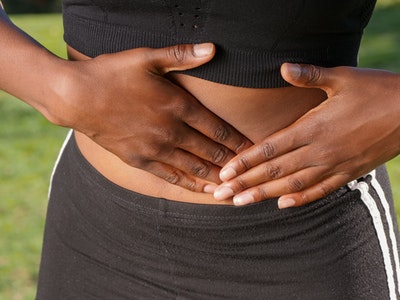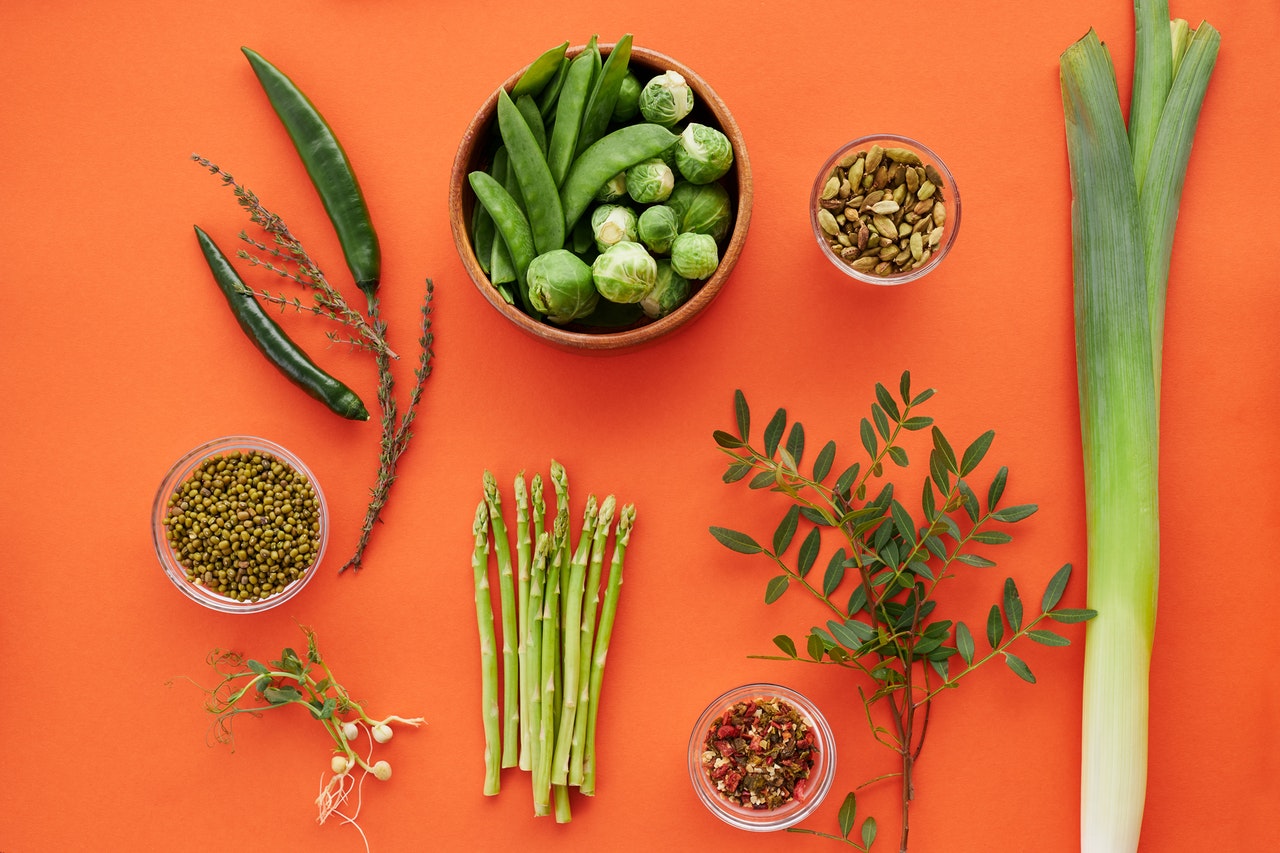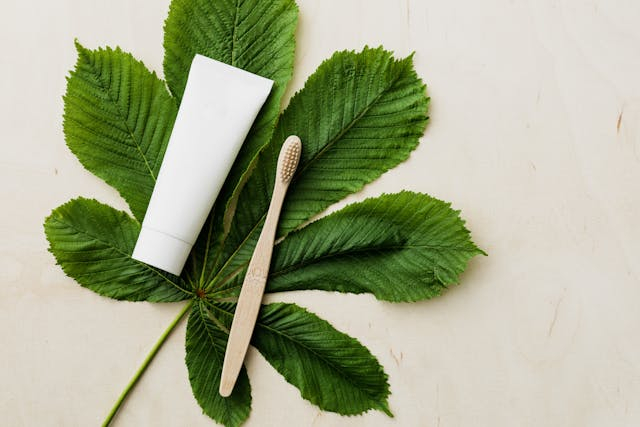This month on The Fruitful Life, we introduce you to a series centered on gut health! In this series, we will focus on explaining the importance of prebiotics, probiotics, and postbiotics and ways in which you can incorporate them into your life to boost your digestion. Today, we begin with prebiotics and will discuss why they are important for the gut microbiome.
What is the gut microbiome?
First, before we begin to talk about prebiotics, lets discuss the importance of the gut microbiome! Did you know that we contain over 40 trillion bacteria in our body? The gut microbiome is home to many of these microorganisms, such as bacteria and archaea, that live in our digestive tract.
These bacteria are crucial for proper digestion. A healthy microbiome consists of many beneficial or “good” bacteria that may aid in removing the harmful bacteria in your gut which could be causing digestive unrest, like bloating or irregular bowel movements. Your gut microbiome is incredibly important for overall human health. Therefore, it is necessary that we feed it with the nutrients it needs to function well!

What are prebiotics?
Prebiotics are compounds in food, particularly plant fibers, that act as food to aid in the growth of beneficial bacteria in the gut. These types of fibers are indigestible to humans and instead travel to the colon where the gut bacteria feed on them for nutrients. Lack of proper prebiotic consumption may result in less effectivity of your probiotic because there is less for the microbiota to eat without adequate prebiotics.
Additionally, the bacteria in the large intestine ferment prebiotics and release byproducts called short-chain fatty acids. SCFAs are the main source of energy for the cells lining your colon. Therefore, they play an important role in colon health.
How can I incorporate prebiotics in my diet?
Prebiotics are nutrients that stimulate the growth of certain microorganisms and can be found in a variety of food! For example, plenty of plant foods have prebiotic properties such as asparagus, artichoke, chia seeds, seaweed, chicory, garlic, and beans. Many plant sources contain some form of prebiotics. A simple way to boost your prebiotic intake would be to incorporate a vivid variety of fruits and vegetables into your diet. Eating seasonally is one easy way to accomplish this to introduce new forms of prebiotics to the gut microbiome. One word of advice for those who are increasing their fiber or prebiotic intake is to start slow! Excess fiber intake, especially when your microbiome is not used to it, can lead to digestive discomfort. Make sure to regularly consume water with fiber or prebiotic use.

For those looking to supplement with prebiotics, there are many options and forms to choose from. Now Foods Prebiotic Bifido Boost Powder is an option for those wanting an easy way to incorporate prebiotics into a smoothie or juice and only needs to be taken once a day. Those interested in a soft gel option may be interested in Irwin Naturals Health Tract Prebiotic which contains artichoke and inulin to maintain and renew intestinal health. Lastly, Renew Life Daily Digestive Prebiotic Fiber is an easy-to-take capsule form which contains a blend of soluble and insoluble fiber with the addition of digestive-soothing fennel.
We hope this article helped you better understand the crucial role prebiotics play in gut health. Do you currently take a prebiotic or are looking to try one? Let us know in the comments below or visit us in-stores for any questions!







